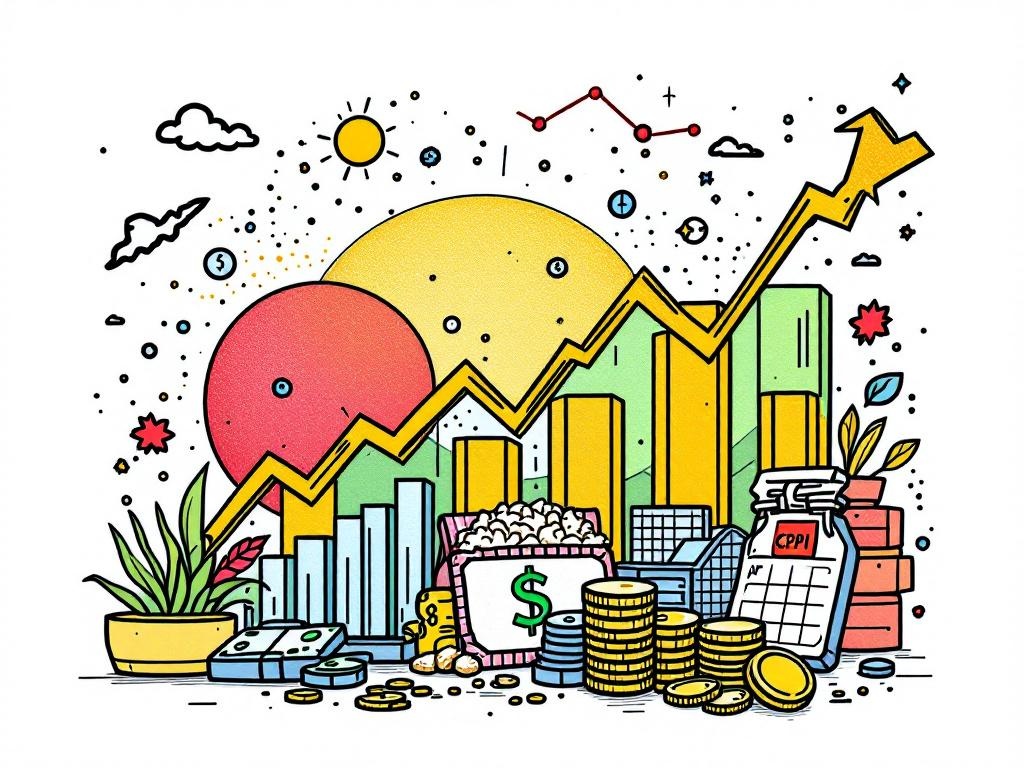Japan Inflation Surge: Core Rate Hits 3.7%, Highest Since 2023

Tokyo, Friday, 20 June 2025.
Japan’s core inflation climbed to a new high of 3.7% in May 2025, surpassing predictions and pressuring the Bank of Japan to reconsider current interest rates amid rising rice prices.
Overview of Japan’s Rising Inflation
Japan’s core inflation rate escalated to 3.7% in May 2025, marking the highest level since January 2023. This increase highlights significant vulnerabilities in the Japanese economy, primarily driven by the dramatic surge in rice prices, which rose by 101.7% year over year, the highest such increase in over 50 years [1][2]. This inflation rate has surpassed market expectations, which predicted a 3.6% rise, indicating ongoing pressures on Japan’s economic stability [1].
Impact on Economic Policy
The Bank of Japan (BOJ) faces mounting pressure to reconsider its monetary policy as these inflationary pressures persist. Despite maintaining the benchmark interest rate at 0.5% in its recent meeting, the BOJ’s cautious stance signifies its concern about escalating geopolitical risks and trade policy uncertainties that could impact global economic growth [3][4]. BOJ Governor Kazuo Ueda has emphasized that the bank will consider raising rates further if they observe a consistent trend where underlying inflation approaches or surpasses 2% [1].
Economic Context and Expectations
The Japanese government has been adjusting its economic strategies due to these inflationary dynamics, which have been contributed to by rising energy and service costs [4]. Although the core inflation rate excludes fresh food, it includes energy prices, suggesting that other sectors also significantly affect the cost increases [4]. Long-term projections from econometric models predict that core inflation may trend towards 1.8% in 2026 and 2.0% in 2027, as the BOJ aims to normalize its monetary policy while supporting long-term economic growth [2].
Potential Economic Implications
The current inflation trend in Japan has broad implications for consumer spending and the overall economy. Inflation, running well above the BOJ’s target of 2%, has prompted a reduction in consumer spending due to decreased purchasing power among citizens [5]. As the BOJ plans further monetary policy meetings by late June 2025 to discuss potential changes, market analysts are closely watching for signals that may indicate shifts in interest rates or other financial strategies [5][6].
Sources
- www.cnbc.com
- tradingeconomics.com
- tradingeconomics.com
- www.forexlive.com
- economic-research.bnpparibas.com
- www.investing.com